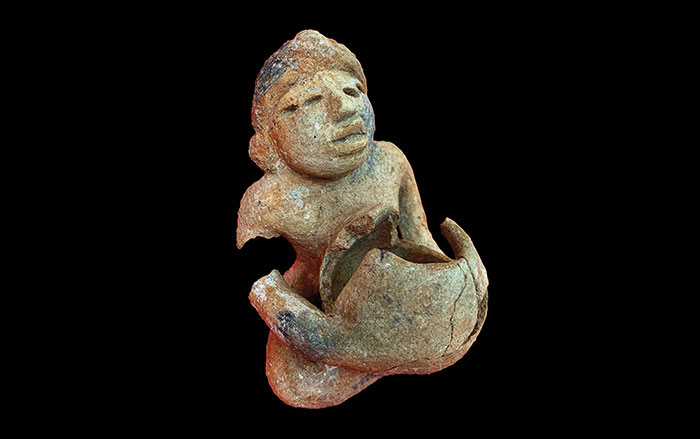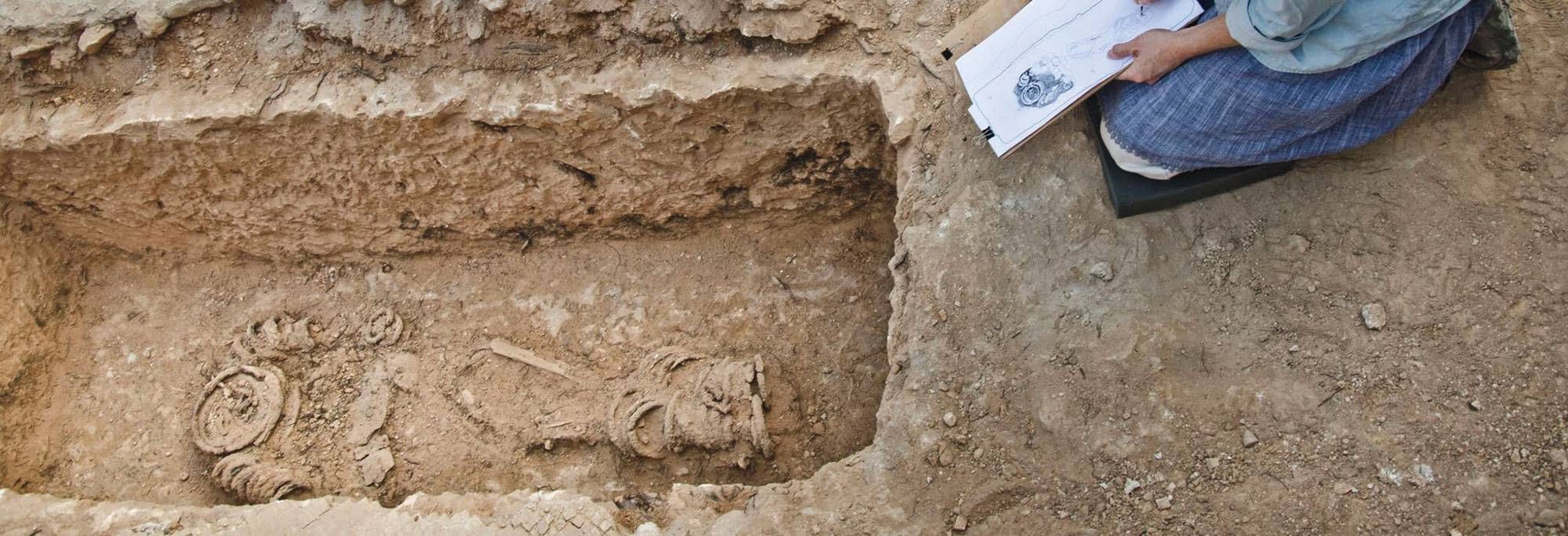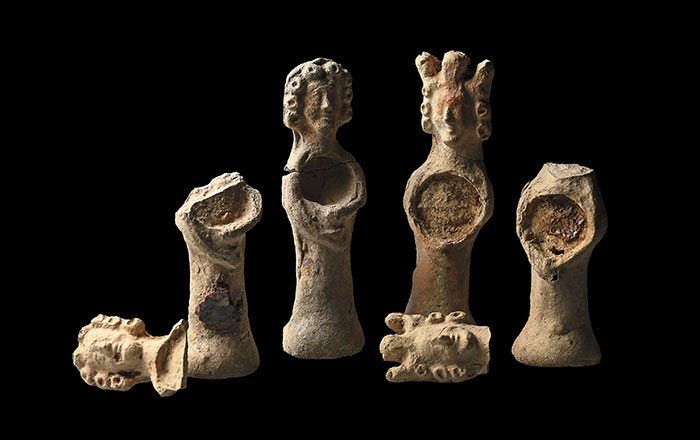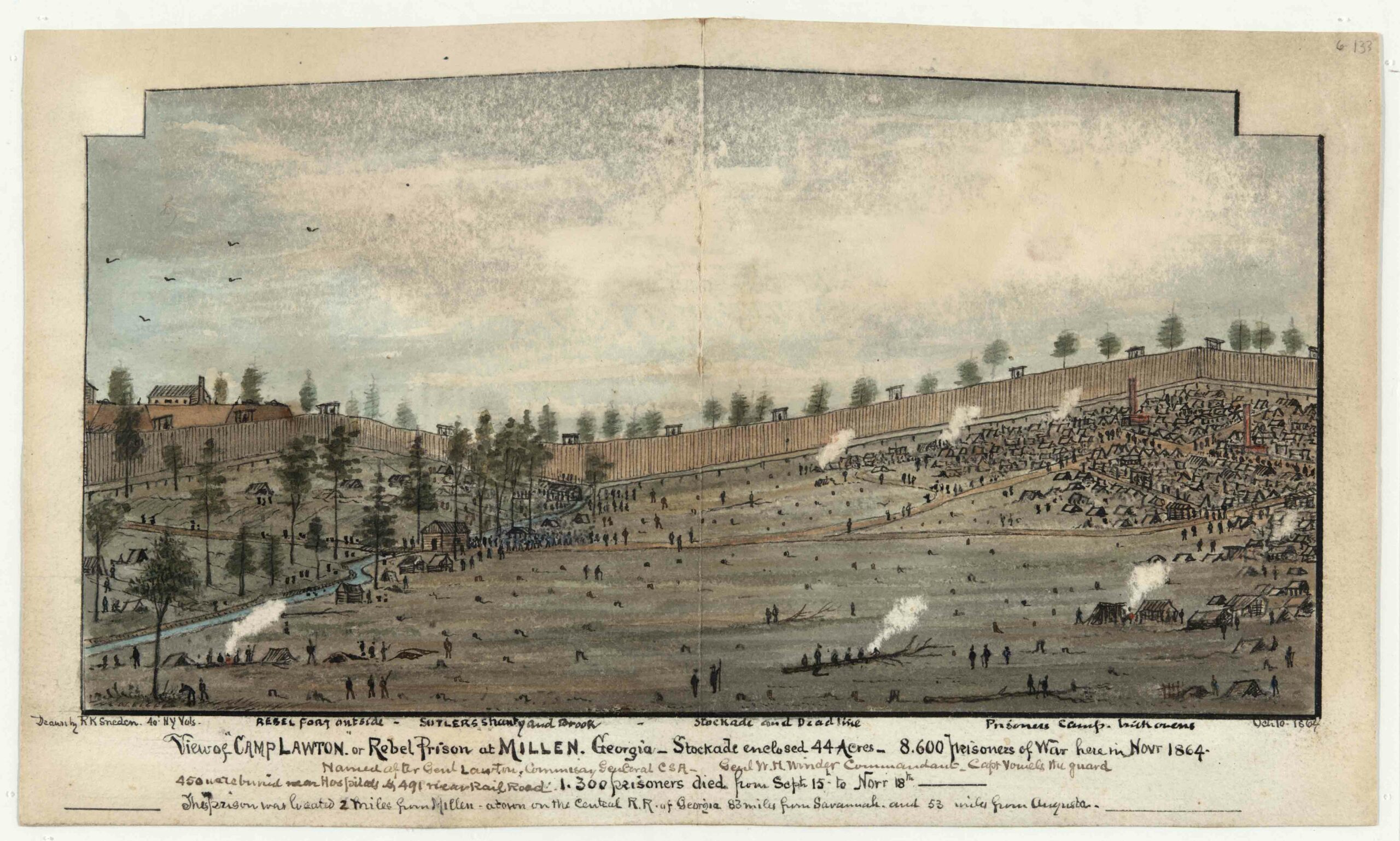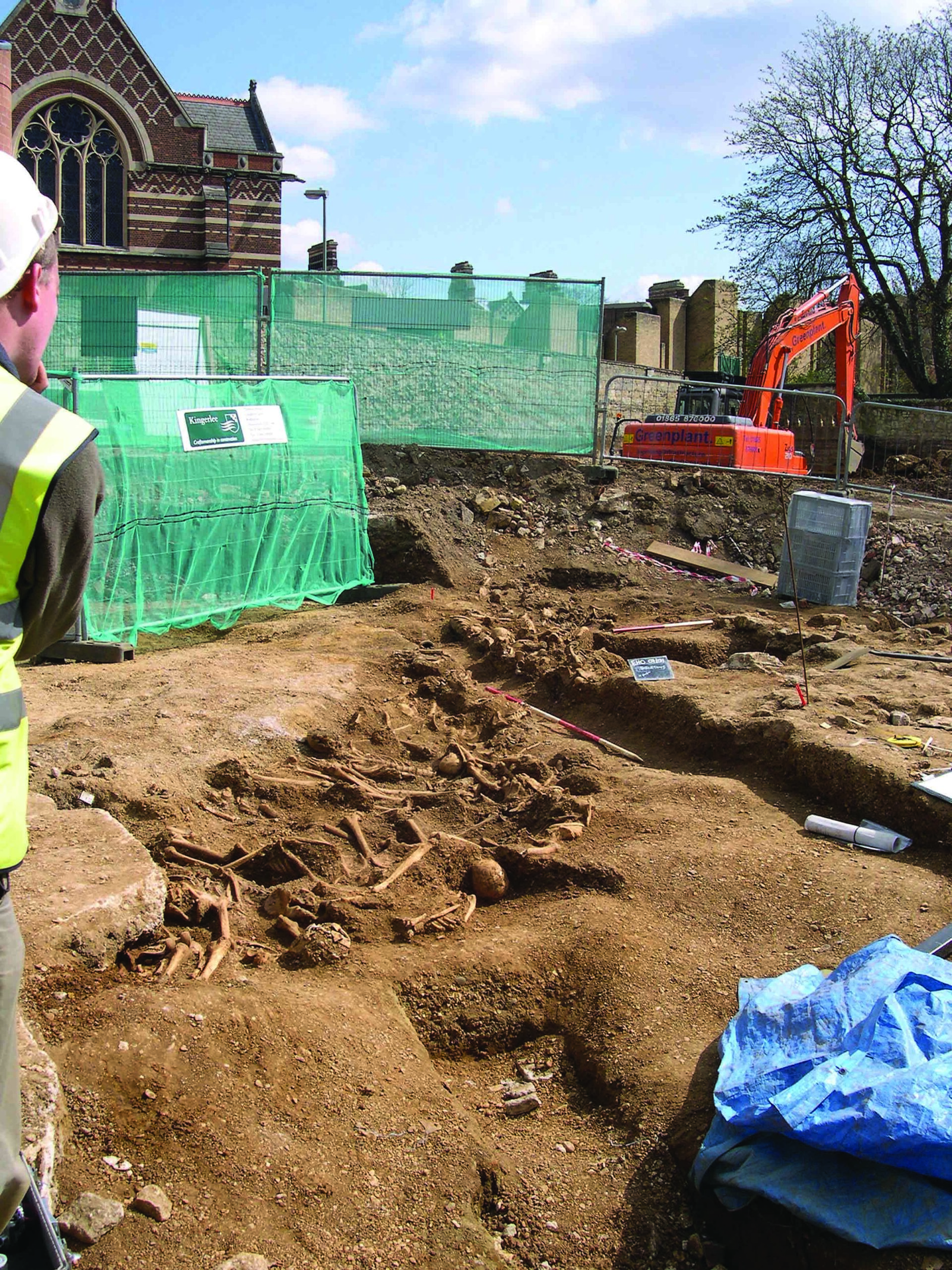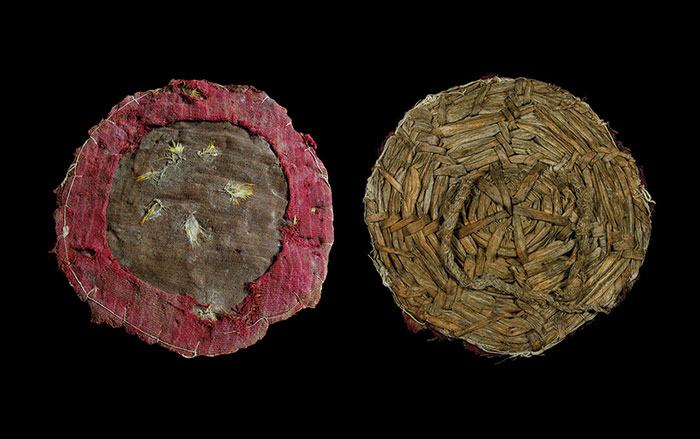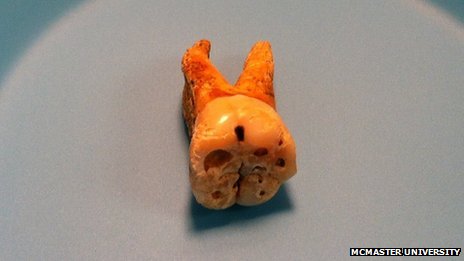
HAMILTON, ONTARIO—DNA extracted from the teeth of two Justinian plague victims from Germany has been studied by a team of scientists in order to understand how future strains of the bacterium Yersinia pestis could evolve. The Justinian Plague of the sixth century and the Black Death of the fourteenth century were caused by distinct strains of Yersinia pestis. The strain that caused the Justinian Plague has died out, but the Black Death strain has evolved and mutated and is still causing outbreaks of disease today. “If the Justinian plague could erupt in the human population, cause a massive pandemic, and then die out, it suggests it could happen again. Fortunately we now have antibiotics that could be used to effectively treat plague, which lessens the chances of another large-scale human pandemic,” said researcher David Wagner of Northern Arizona University.


